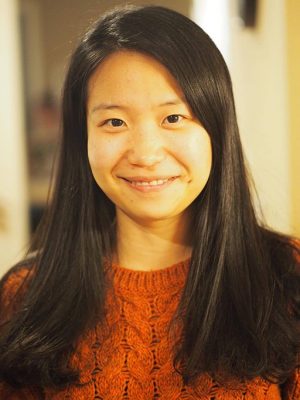
Yea-Seul Kim
University of Washington
PhD Candidate
Yea-Seul Kim is a Ph.D. candidate in the Information School at the University of Washington, advised by Professor Jessica Hullman. Her research interests lie in the intersection between HCI, Visualization and Data Science. She is interested in developing formal models to explain the data interpretation process in light of one’s beliefs to design visualizations that better supports reasoning for people with diverse beliefs. Her work also focuses on developing tools and algorithms that make data more accessible to people of varying levels of expertise. She received a master’s degree in Human-Centered Design and Engineering at the University of Washington and a bachelor’s degree in Applied Statistics at Yonsei University in Korea. She has interned at Microsoft Research and Adobe Research. Her work received a best paper award at the CHI Conference on Human Factors in Computing Systems in 2017.
Research Abstract:
By interacting with data, people form beliefs about the world that may become the basis for decision making and future behaviors. It is therefore critical that researchers acknowledge the role of beliefs in seeking to understand how new information is processed in common data interpretation scenarios, and that authors design for this process. For example, imagine a visualization that shows the latest poll results for an upcoming election. Visualization users should be able to decode the data accurately from the visualization, including recognizing its uncertainty, but also be capable of using the data to update their beliefs in a rational way. Abundant evidence from cognitive psychology and behavioral economics demonstrates that the process of updating one’s beliefs will often depend on an individual’s prior beliefs. However, research in visualization and human-computer interaction lacks a formal model for explaining how users’ prior beliefs influence the interactions with data, and for guiding the design of better interfaces for appropriate belief updating. To address this gap, my work sets out to formalize our understanding of visualization users’ belief updating processes. My research has contributed interfaces, methods and empirical findings for designing and evaluating visualizations that take into account users’ prior beliefs and knowledge. For example, I design interactive techniques to elicit people’s beliefs on parameters estimated by visualized data and model the elicited beliefs to gain insight into visualization interpretation. My work has also demonstrated the comprehension benefits of asking users’ to reflect on their prior knowledge via graphical prediction and personalized analogies.